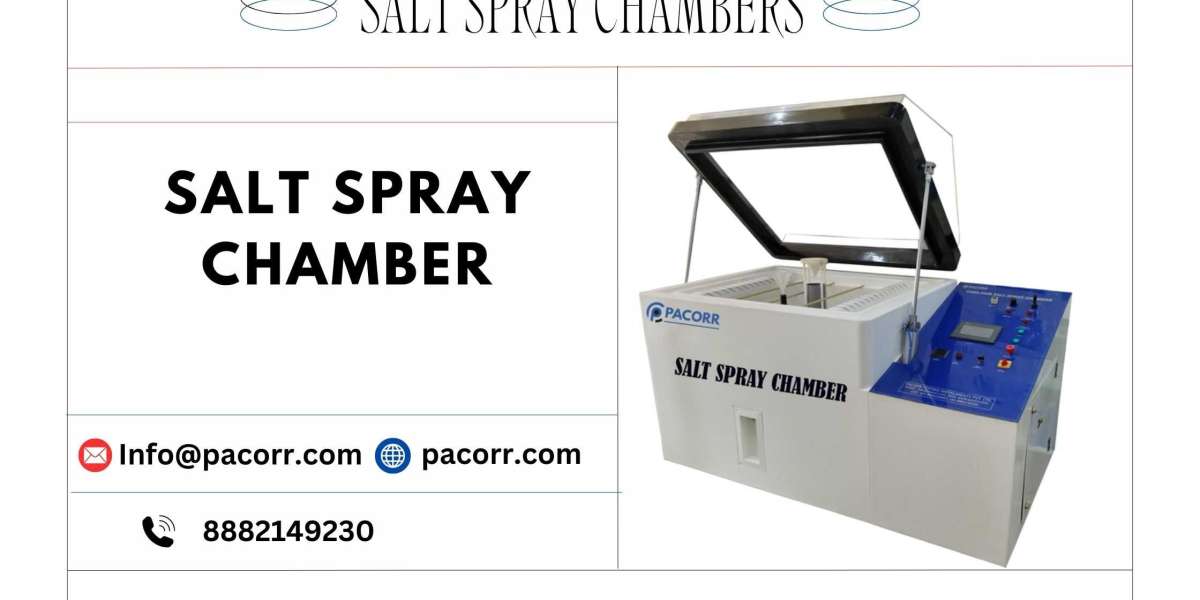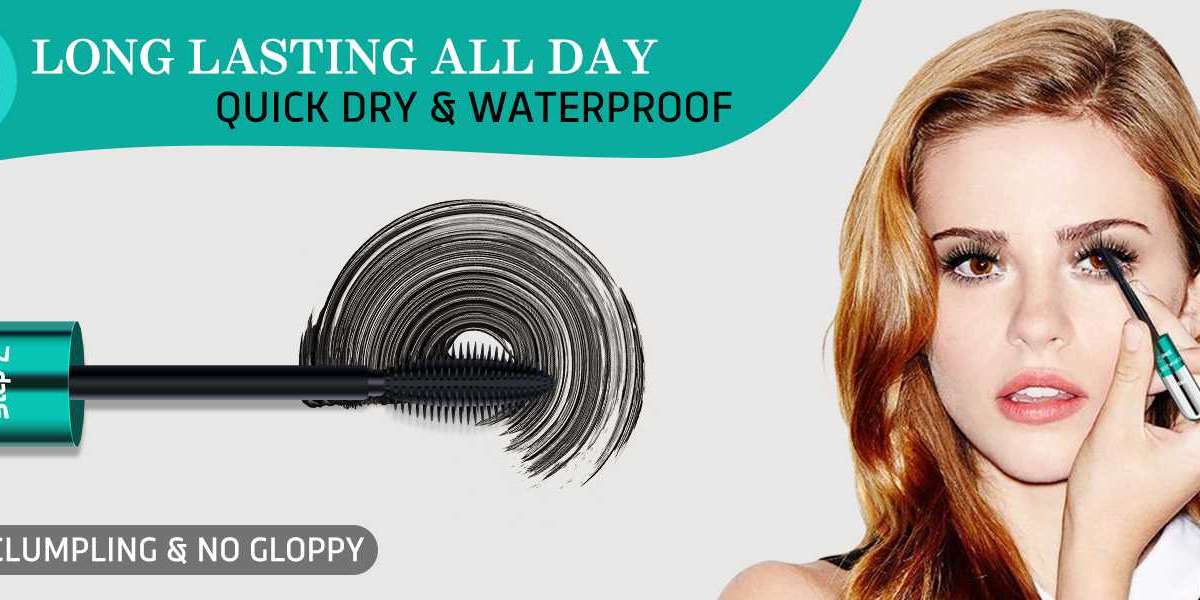A Salt Spray Chamber, also known as a salt fog chamber, is a highly specialized device designed to simulate corrosive environments and test the resistance of materials to such conditions.
In this guide, we’ll cover everything you need to know about salt spray chambers, from their purpose and applications to the best features to look for when purchasing one. We’ll also delve into some of the most common questions around salt spray testing to help you make informed decisions.
What is a Salt Spray Chamber?
A salt spray chamber is a testing apparatus designed to create a controlled environment that simulates salt-laden, corrosive conditions. By subjecting materials and finished products to a salty mist or fog, engineers can evaluate how well a particular product or material can withstand corrosion. This is especially critical for products that will be used in outdoor or marine settings where exposure to salty air, rain, or other corrosive elements is likely.
How Does a Salt Spray Chamber Work?
Salt spray chambers work by spraying a fine mist of Salt Spray Test Chamber water solution inside a closed chamber. This mist, or salt fog, settles on the test samples, exposing them to a highly corrosive environment over an extended period. The chamber maintains strict control over temperature, humidity, and salt concentration, ensuring consistent and repeatable test conditions.
Typically, these chambers use a solution of sodium chloride (salt) dissolved in water. The concentration and temperature can be adjusted to simulate specific environmental conditions, and the length of exposure can be varied to match real-world applications.
Applications of Salt Spray Chambers
Salt spray chambers are essential in numerous industries where material durability is crucial, including:
- Automotive Industry
Vehicles are exposed to various environmental factors that can accelerate corrosion. Salt spray testing allows manufacturers to test car parts, frames, and coatings, ensuring longevity and safety for vehicle owners. - Marine and Offshore Industry
Marine equipment faces constant exposure to saltwater, making corrosion resistance a priority. Salt spray chambers help assess the durability of equipment, ensuring that marine structures and components can endure harsh oceanic conditions. - Aerospace Industry
Aircraft parts are designed for high durability, as corrosion can impact safety. Salt spray testing of aircraft materials ensures that parts used in various altitudes and environments can withstand corrosive conditions over time. - Consumer Electronics
Devices like phones, tablets, and cameras may also undergo salt spray testing to check their resilience in humid or coastal areas. - Construction Materials
Metals and coatings used in infrastructure, like bridges and buildings, often undergo rigorous testing to ensure they can withstand weathering over decades.
Benefits of Using a Salt Spray Chamber
Investing in Salt Spray Chamber Price offers several advantages:
- Enhanced Product Quality
Salt spray chambers provide insights into how well a product will perform over time. By identifying and addressing corrosion risks early in development, companies can improve product quality and durability.
- Compliance with Standards
Many industries have stringent standards regarding corrosion resistance. Salt spray testing allows companies to meet regulations and maintain certifications, ensuring their products meet market requirements.
- Cost Savings in Long-term Maintenance
Products that withstand corrosion need less frequent replacement, leading to savings for both the manufacturer and end-user. This durability is crucial for industries with high-maintenance costs, such as automotive or marine.
- Safety Assurance
Corrosion can impact the safety of materials and structures. Salt spray testing helps ensure that safety-critical items, such as vehicle frames or aircraft components, can endure real-world stressors without compromise.
- Accelerated Testing
Salt spray chambers allow for accelerated corrosion testing, meaning that results can be obtained in days instead of months. This expedites product development and helps engineers quickly gauge how well a material can resist corrosion over long periods.
Key Features to Consider When Buying a Salt Spray Chamber
Purchasing a Salt Spray Chambers is a significant investment, and it’s essential to select one that meets your testing requirements. Here are some of the key features to consider:
- Chamber Size
Depending on the size of the products or samples you need to test, the chamber's capacity can vary widely. Larger chambers accommodate bigger items, but they also require more space and power.
- Temperature and Humidity Control
Accurate control of temperature and humidity is crucial for consistent results. Choose a chamber with a reliable control system that allows you to set specific environmental conditions.
- Spray Nozzle Quality
The quality of the spray nozzle affects the even distribution of the salt fog. Look for chambers with corrosion-resistant nozzles and uniform spray distribution.
- Data Logging and Monitoring
Many chambers come equipped with digital controls and data-logging capabilities, enabling you to monitor and record testing conditions. This data can be invaluable for analyzing results and maintaining consistency.
- Compliance with Testing Standards
Make sure the chamber meets relevant industry standards such as ASTM B117, ISO 9227, and other specifications. This ensures your testing is consistent with recognized corrosion testing standards.
- Ease of Maintenance
Salt spray chambers can be challenging to maintain due to the corrosive environment they create. Look for a model that has easy-to-clean parts, accessible components, and anti-corrosion features.
- Safety Features
Safety mechanisms like automatic shut-off, leak detection, and proper ventilation can protect users and ensure safe operation.
- After-Sales Support
Ensure the manufacturer provides adequate after-sales support, including servicing, spare parts, and calibration assistance. This can be critical in minimizing downtime and maintaining testing accuracy.
Salt Spray Chamber Testing Standards
Salt spray chambers are designed to comply with various international standards that govern corrosion testing methods. Here are a few notable standards:
- ASTM B117
The American Society for Testing and Materials (ASTM) B117 is one of the most widely recognized standards for salt spray testing. It outlines specific requirements for the solution, temperature, and chamber conditions, making it an industry benchmark. - ISO 9227
This standard, established by the International Organization for Standardization, is equivalent to ASTM B117 but with additional specifications for the testing environment. - JIS Z 2371
The Japanese Industrial Standard (JIS) Z 2371 defines the testing methods for rust-proof treatments, specifically for the Japanese market. - GB/T 10125
In China, the GB/T 10125 standard defines the testing protocols for evaluating material resistance to salt fog.
These standards ensure consistency across industries, enabling manufacturers and clients to trust the results of salt spray testing.
Common Questions about Salt Spray Chambers
Q: How long does salt spray testing take?
A: The duration depends on the material and the standards being followed. While some tests last 24-48 hours, others may extend to 1,000 hours or more, especially for coatings intended for extreme environments.
Q: Can salt spray testing predict real-world corrosion?
A: Salt spray testing provides an accelerated view of corrosion resistance but doesn’t replicate every aspect of real-world conditions. It’s an essential part of a comprehensive testing program but should be combined with other tests for a complete picture.
Q: How often should a salt spray chamber be calibrated?
A: Calibration frequency varies by manufacturer and usage, but most recommend annual calibration to ensure accurate results.
Q: Can salt spray chambers test multiple samples at once?
A: Yes, many chambers are designed to hold multiple samples, allowing for simultaneous testing. This increases efficiency, particularly for mass testing or high-throughput environments.
Final Thoughts
Investing in a salt spray chamber is an essential decision for manufacturers focused on delivering durable, corrosion-resistant products. Understanding the types, features, and applications of these chambers can help you make an informed purchase and maximize the value of your investment. From automotive and aerospace to electronics and construction, industries worldwide rely on salt spray testing to ensure product quality and longevity.
At pacorr.com, we provide a range of high-quality salt spray chambers that meet industry standards and cater to diverse testing needs. Our experienced team is ready to assist you in selecting the best chamber for your applications, ensuring that you achieve reliable and accurate results in your corrosion testing endeavors. Contact us today to explore our solutions and find the right salt spray chamber for your business.
Contact Us:
- Email: [email protected]
- Phone: 8882149230
- Visit our website at pacorr.com for more details on our testing instruments.














